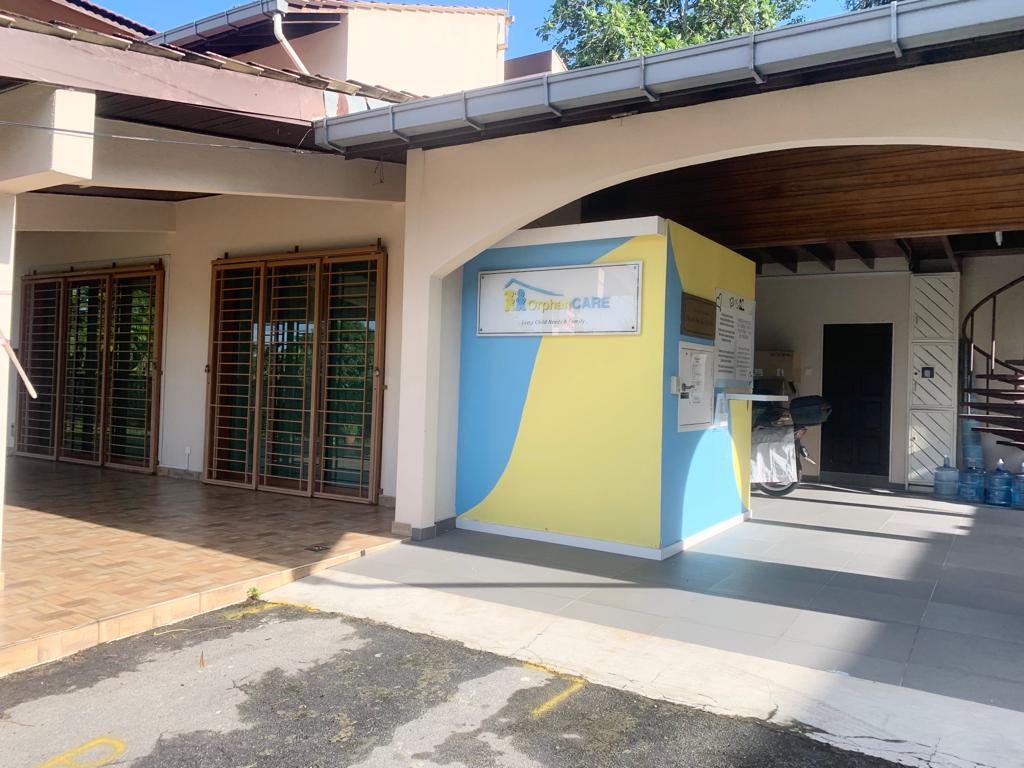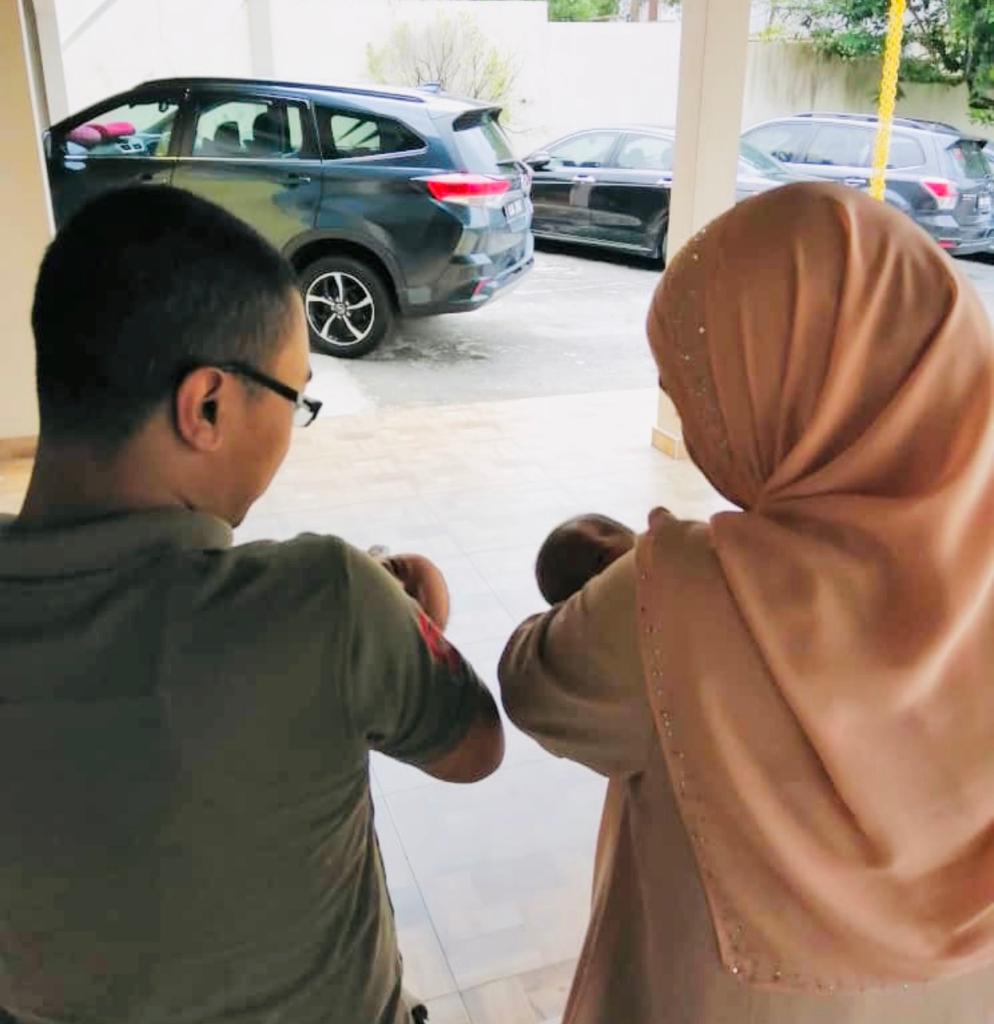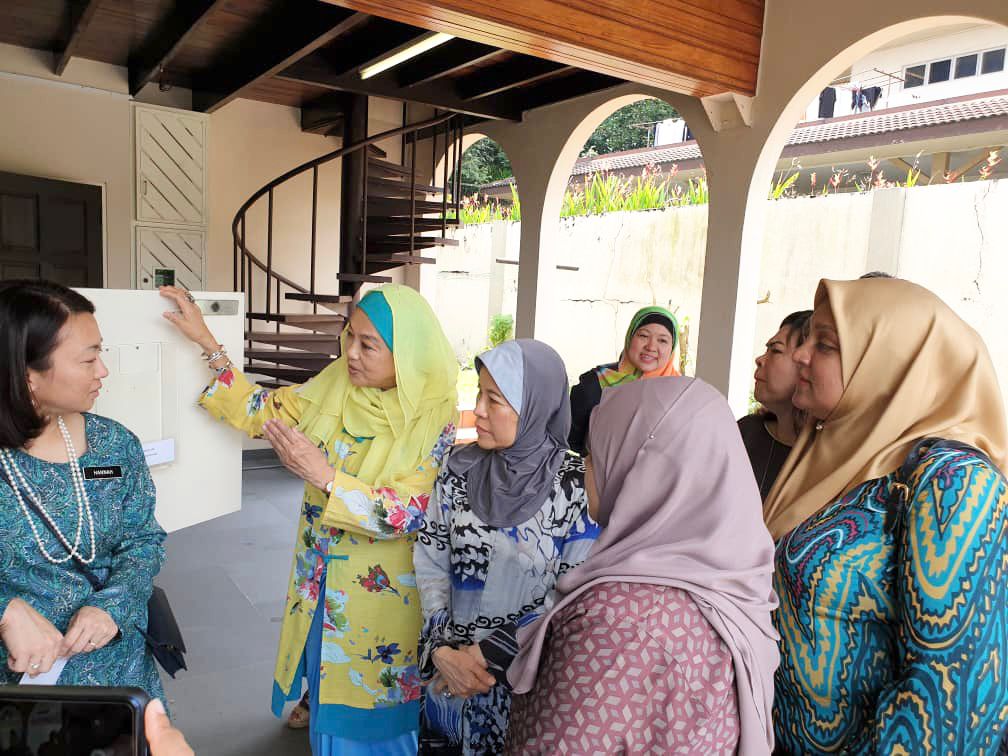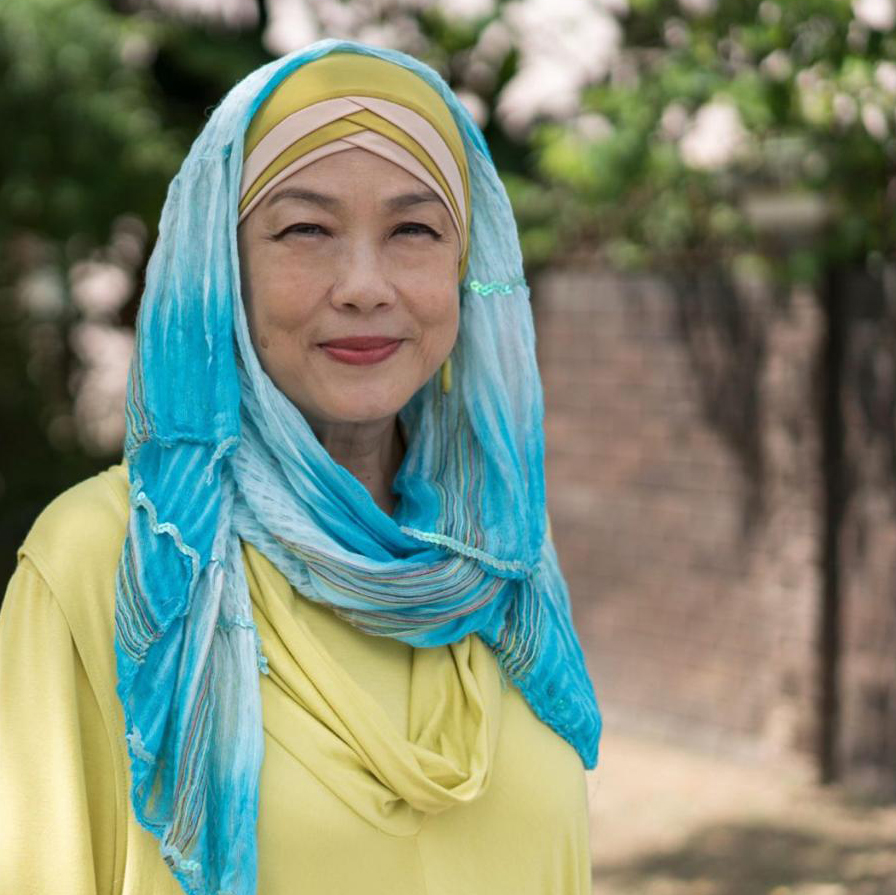471 Unwanted Babies Have Been Rescued By This Local Organisation. Here's How You Can Help
"Children should not be locked up in homes, they need a family environment."
Every child needs a family, a place to belong, and that's what OrphanCare is all about
The late Dato' Adnan Mohd Tahir and his wife Datin Elya saw a need after trying to rehome hundreds of orphans, who were left stranded in Aceh, Indonesia, during the tsunami in 2004.
As a result, they realised that there are many couples in Malaysia who are unable to have children and would love to adopt.
Noticing an increase in babies being dumped and abandoned in bushes, toilets, and dumpsites, Dato' Adnan decided to find a way to tackle this crisis in Malaysia.
A baby who was recently rescued thanks to OrphanCare's baby hatch.
Image via @orphancare.foundation (Instagram)Together with a group of friends, he came up with OrphanCare's first baby hatch — a safe place to support young women dealing with unplanned pregnancies
The first baby hatch was opened in Petaling Jaya in 2010. It's a non-judgmental space where young women, who cannot keep their newborn babies, can place them to be re-homed. Instead of being dumped or left abandoned, these babies would have the chance to be with a new family.
The non-governmental organisation (NGO) has opened a couple more baby hatches around Malaysia, and has since evolved into championing deinstitutionalisation (DI).
Simply put, deinstitutionalisation is the act of reintegrating children, who are raised in institutions, back into the care of their parents, extended family, and the community
As poverty is a large factor as to why families feel the need to give up their child in the first place, Datin Elya shared with SAYS that OrphanCare focuses on attaining funds, so they can help these families sustain themselves financially and take their children back.
Her belief is that every child needs a home and a sense of belonging, a family setting where they can grow.
"Children should not be locked up in homes, they need a family environment. [They need to] know that they have a mum, a dad, a sister, a brother, I think that sense of belonging is important for a person's wellbeing," she shared.
OrphanCare focuses on five aspects:
2. If they don't have immediate family members, the NGO looks for extended family members (grandparents, uncles, aunties, etc.) who are able to care for them.
3. Adoption through baby hatches and for older children from the government's Rumah Kanak-Kanak who do not have the opportunity to get out of these institutions.
4. Foster care, which means foster parents can guide children, but not necessarily adopt them. This is also good support for the reintegration process.
5. Small group homes that look after around five or six children who are severely disabled and cannot live on their own. (Realistically speaking, a child who is severely disabled cannot live in a home, as sometimes they are on a machine. What OrphanCare does is to encourage the families/parents to visit and spend time with the child in these homes. So that if the child hears the voice of their mother or father, the bond is continued.
Many children who are in institutions are left there until 18 years old. If they are not adopted or fostered, they have to pack their bags and leave as soon as they turn 18.
"You'll see a lot of young people hanging around the Chow Kit area and many red light districts. And you'll see that these poor children, who grew up in homes, had to leave the homes and are suddenly just out in the world. No one helps them or supports them," Datin Elya added.
Although there are some NGOs who do assist with these cases, "generally, this is still a big issue [in Malaysia]," she went on to say, explaining how OrphanCare's goal is to help tackle this.
"It's fulfilling to see children get adopted and cared for."
Datin Elya shares an early case where a little girl with a missing arm was left in their baby hatch.
"We were very grateful when a couple, [despite having] three other children, adopted her. For us, that was a win. Some of the people who come to us to adopt, I think they are godsent. They really know what they want to do, and they do it."
Other cases have seen couples adopt a stateless child, and were willing to go through the grind of it all and be patient to get the citizenship.
"We know people who have waited 15 to 20 years just to get citizenship for their child. I think if that kind of wait is real, I think something needs to be done to our country's system.
"My message to the people of Malaysia is that they need to think harder of the country's future, and the country's future is essentially the children of today... we need to really sit down and discern what is important for the country," said Datin Elya.
To find out more about OrphanCare, click here.
All this month, SAYS will be featuring inspiring stories of extraordinary Malaysian changemakers in collaboration with Wiki Impact
Wiki Impact is an online platform dedicated to the impact industry. They share stories and data on issues that matter, highlighting impact-driven organisations and changemakers on the ground. Categories include poverty alleviation, social justice, gender equality, healthcare and education for all, environmental sustainability, animal welfare, impact influencers, and more!
Find out more here.







